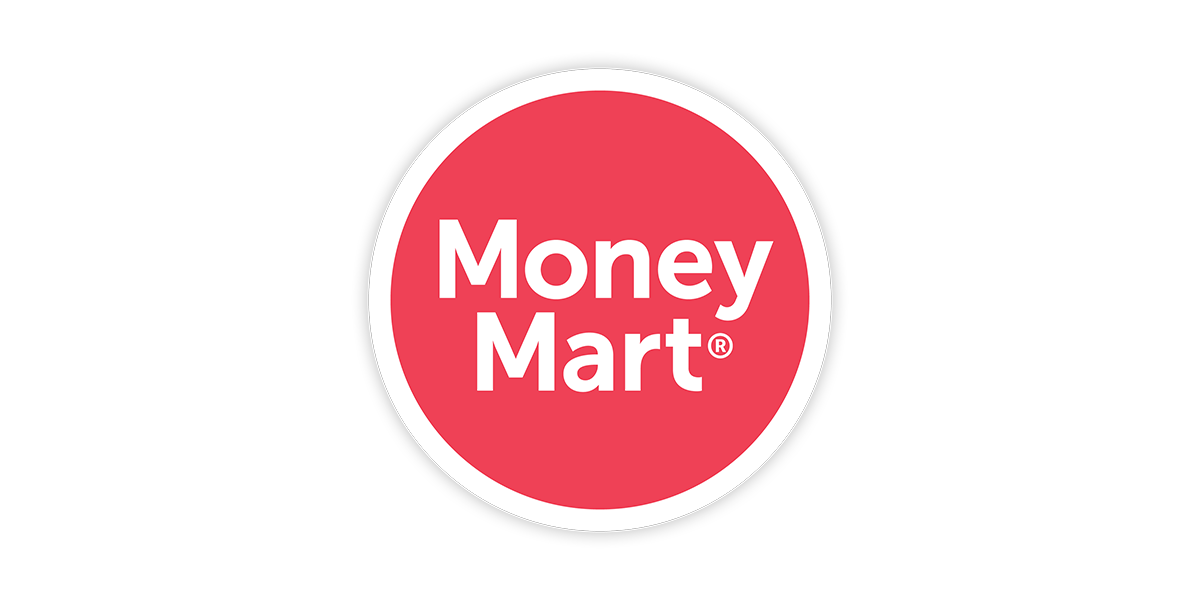Real estate is one of the most sought-after investment vehicles in Canada, providing potential cash flow and long-term appreciation. However it does come with its challenges — particularly when it comes to borrowing money to pay for your investments. In this blog, we’ll take a look at the pros and cons of using debt to invest in real estate and whether using debt makes sense for your financial goals.
Why Use Leverage to Invest in Real Estate?
Leverage, or borrowing money to invest, is common in real estate because of the high initial costs. Here are some reasons Canadians are picking this strategy:
1. Increased Purchasing Power
A mortgage or a loan will allow you to get properties that are otherwise out of reach. Using leverage you could purchase several properties or higher-end properties.
2. Tax Advantages
Interest on loans taken out for investment properties may be tax-deductible, minimizing your total taxation. That can make borrowing more attractive relative to other investment techniques.
3. Potential for High Returns
Your real estate holds the potential to gain value over time. Using borrowed capital amplifies the return on your initial investment (down payment PER UNIT) if the value of the property goes up.
This is how loans work and how to qualify: Check out our guide on How to Qualify for a Personal Loan.
The Downsides of Getting a Loan for Real Estate Investing
Although leverage can magnify profits, it exposes you to higher risk. Here’s what to keep in mind:
1. Market Volatility
Real estate markets go up and down. A downturn could lead your property to be worth less than the amount you borrowed, which would manifest as negative equity.
2. Cash Flow Challenges
If your rental income doesn’t pay for your mortgage and maintenance expenses, you’ll have to pay these costs out of pocket. This can put a strain on your finances, particularly in times of high interest rates.
3. Risk of Overleveraging
Being overleveraged can curtail your flexibility in addressing emergencies or pursuing other investments. You should take a good look at your finances and make sure you’ve got a cushion to fall on.
Strategies to Mitigate Risks
Investing In Real Estate Using Borrowed Money Here’s how to mitigate the risks involved:
1. Start Small
Start with a smaller property so that your initial economic exposure is limited. Look into single-family homes or if you prefer condos before you step up to multi-unit investments.
2. Diversify Your Investments
You are barred from peeking from the pot. By expanding into other property types, or even other types of investments altogether, you can mitigate your overall risk.
Read more about diversification in our post How to Balance Risk and Reward in Your Investments.
3. Maintain a Healthy Debt-to-Income Ratio
Be wary of your debt; make sure your loan payments don’t end up taking a large chunk out of your income; Lenders generally suggest that your total debt payments should be less than 40% of your gross income.
4. Understand Mortgage Structures
Choosing between fixed and variable rate mortgages can impact your financial stability. Learn more in our blog Fixed vs. Variable Rate Mortgages: Which Is Right for You.
Is Leverage for Investing Right for You?
Whether you should take out a loan to invest in real estate comes down to a few different considerations:
1. Financial Stability
Only borrow more if you have a strong emergency fund, stable cash flow and don’t already have unmanageable debt on your hands.
2. Investment Knowledge
This often requires a thorough market knowledge, especially when investing in real estate. Do your research, or consider speaking to a professional.
3. Risk Tolerance
If the mere idea of losing money prevents you from sleeping at night, then leverage is probably not the solution for you.
Investing in Real Estate Without Taking Out Loans
If borrowing seems too risky, there are other ways to invest in RE:
1. Real Estate Investment Trusts (REITs)
REITs allow you to invest in real estate through the stock market, providing exposure without the need for large upfront capital.
2. Joint Ventures
Investing in property with other investors can assist with costs and spread risk.
3. Saving for a Larger Down Payment
It takes longer, but saving up allows you to borrow less and be less financially exposed.
Conclusion
Using borrowed money as an investment strategy for real estate can be a lucrative approach, but it isn’t for everyone. With an understanding of the risks versus the rewards, a plan in place, and an exploration of alternatives, you can make a strategic decision that fits your financial goals.
For more guidance on mortgages and personal loans, explore our resources like Tangerine Mortgages and Spring Financial Personal Loans



